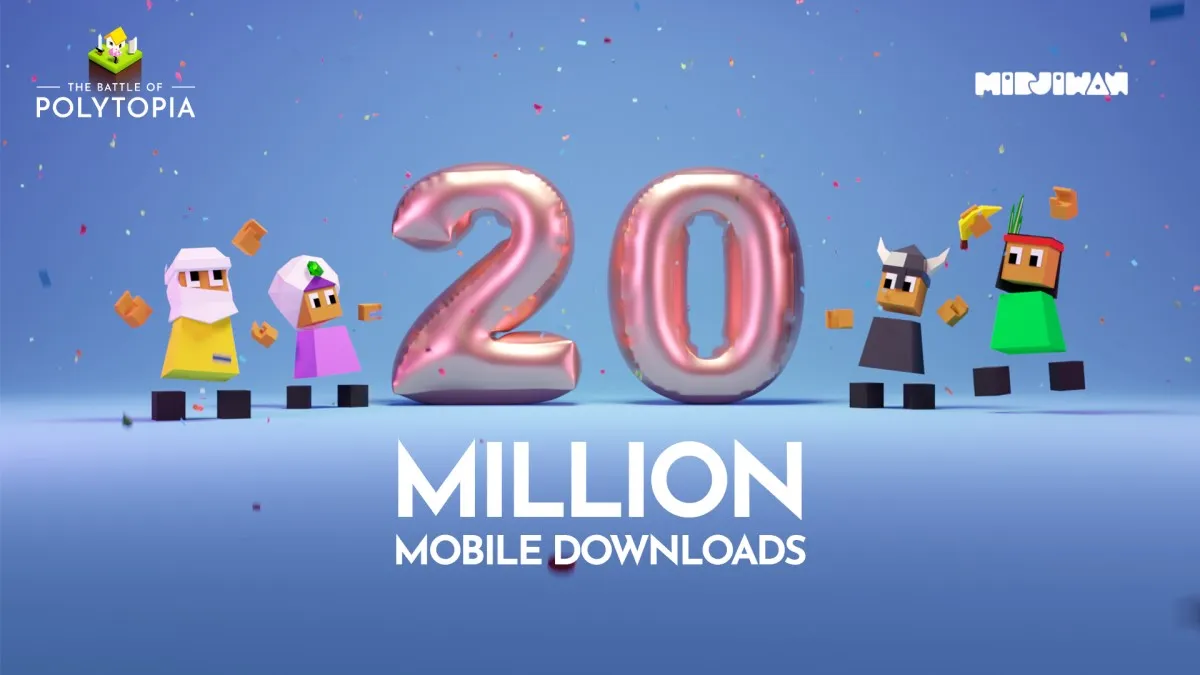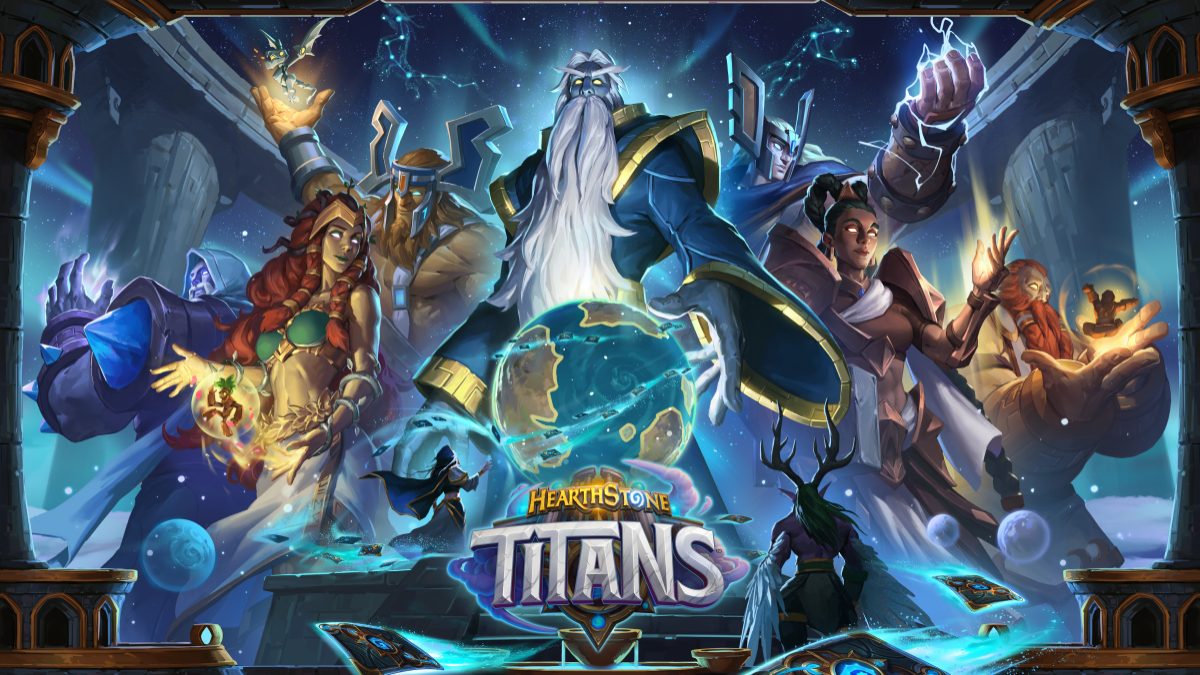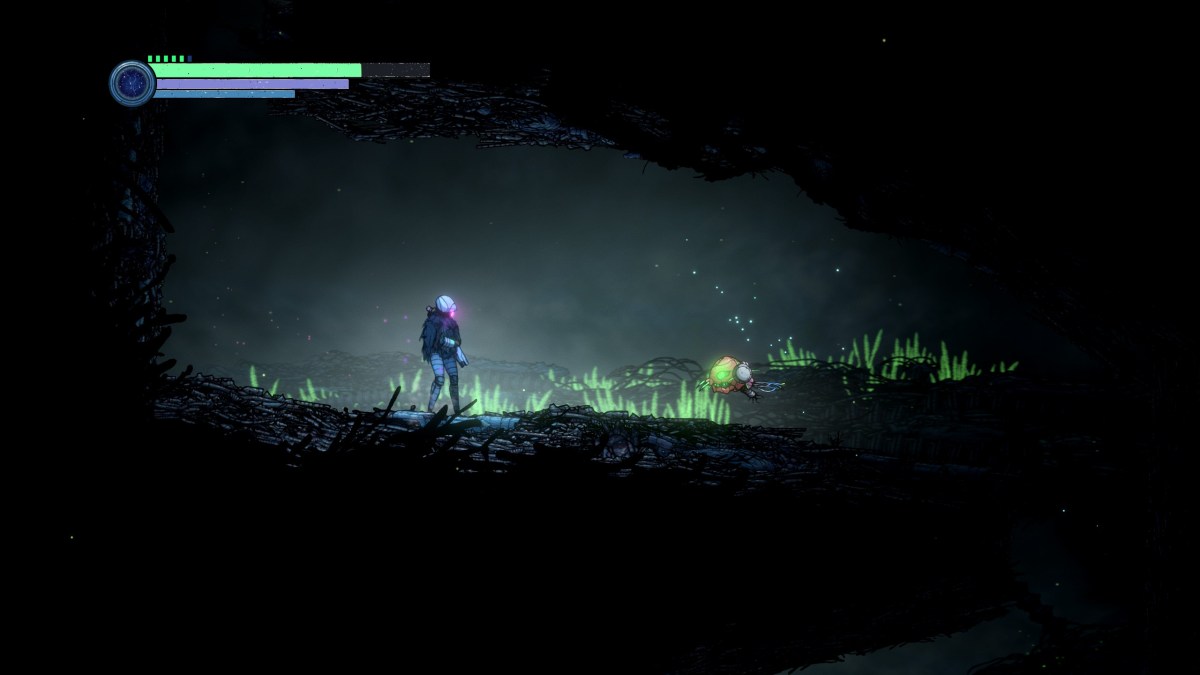IG: Do you feel that your stance as a digital retailer has changed public attitudes about DRM and the issues surrounding it?
TL: I would like to think so. Some of that is probably ego on our part, but the fact that we have a community of around 2 million monthly visitors to our website indicates that while we’re not huge in terms of reach, we’re not tiny either, and our well-known stance about DRM is something that, I think, has helped inform that audience about what DRM is and why they should care.
IG: System Shock 2 recently emerged from the licensing void where it had been trapped for a number of years, which must have satisfied all the people who kept asking for you guys to get it on GOG. Are there any other major “missing” titles that you’re working on making available?
TL: Yes, definitely. If I told you specifics, though, I’d have to kill you. 😉

Currently trapped in licensing hell, but the world needs an HD reissue of the original Archer.
IG: No One Lives Forever is another series out in the licensing wilderness at the moment, do you think there’s any chance at all of seeing that on GOG in the future? Would that all be down to a third-party involvement or can you pull any strings to help make that happen?
TL: NOLF is a really great title, and it’s one of the ones where the rights are a bear to get sorted. Just like pretty much any other classic IP you’re ever thought of, we’ve looked into it, but it’s not an easy thing to do.
IG: Does the change from “Good Old Games” to GOG signify an actual movement away from publishing older games? Is there a point at which you feel the site will have got hold of as many of those classic titles as it’s able to?
TL: There’s been a lot of question about that from our community, so it’s worth investigating the hard numbers: GOG.com has traditionally released between 1 and 2 classics a week for the three + years we sold only classic games. I just did a quick count through our catalog, and in the last 92 weeks (since we started selling new games in earnest) we’ve been averaging more than 1.6 classic releases a week. In that time, we’ve seen games like the Quest for Glory series; Thief, Deus Ex, and Hitman series from Square Enix; Shadow Warrior, Neverwinter Nights 2, the Leisure Suit Larry series; Krush, Kill ‘N’ Destroy, the Wizardry series, and, of course, System Shock 2. Some of our best classic releases have happened since we started selling new games, so I don’t think you can really say that we’ve given up on classic games on GOG.com.
I also don’t think we’ll ever run out of “classic” games to release. After all, every year that goes by brings more games into the classic fold.

Thanks to GOG, System Shock 2 can share the crap out of a whole new generation.
IG: Within the last month or so you’ve set up a game submission program for indie games. What advantages does GOG’s program have over Steam’s Greenlight service and Amazon’s indie publishing?
TL: We believe our indie program is the “best of both worlds” approach, combining professionalism and human touch. Of course we listen intently to our community’s voice, but we believe feedback from proven professionals is more valuable for devs who are still working on a game, than their fans’ hype. The process of getting your game published on GOG.com has a lot of that human factor, as our bizdev team will offer insight on the submitted game, never leaving devs without feedback. GOG’s marketing team also usually comes up with cool, tailor-made ideas for promoting each release treating it as more than just an everyday chore.
IG: Have any games been published through that open submissions process yet? Are there any upcoming?
TL: Not yet. It’s been just a touch over a month. Give us a little time; we have a few games from the submissions process that are nearly ready, I do believe.
IG: Does GOG have any plans to acquire and distribute DRM-free versions of “major publisher” titles (aside from CD Projekt Red games, of course)?
TL: We’d certainly like to; any publishers out there who want to distribute DRM-free copies of their games, hit us up!

Expect more DRM-free versions of new games like Dragon Commander on GOG in future.
IG: What are GOG’s plans for the future, and where do you see the company in a couple of years? We’ve seen a heavier focus on indie games and other, more modern titles than older games in the past few months; is this trend likely to continue?
TL: We will definitely continue to release classic games. We continue to work on deals with pretty much every major publisher who’s got a rich catalog and hunt for harder-to-find games as well. We also want to sign more new games. We believe that the DRM-free approach is the best way to sell games to gamers, and we want to see that expand to as many titles as we possibly can. That means signing new games like Rise of the Triad, FEZ, Divinity: Dragon Commander, and other games where GOG.com is the DRM-free store for them. Further we have tons of announced but not yet released games – Project Eternity and Divinity – Original Sin are two examples–that will be on GOG.com and we’re super excited about them.
As for other plans, there’s not much I can think of to share except that GOG.com got its start by finding a market that dominated by a single approach to doing business and we found a way to disrupt it with an innovative approach. We continue to look for ways we can innovate and find new things to do to help make gaming better for everyone, so stay tuned.






Published: Sep 20, 2013 06:05 pm